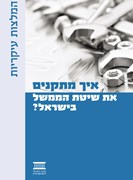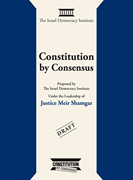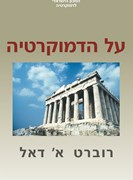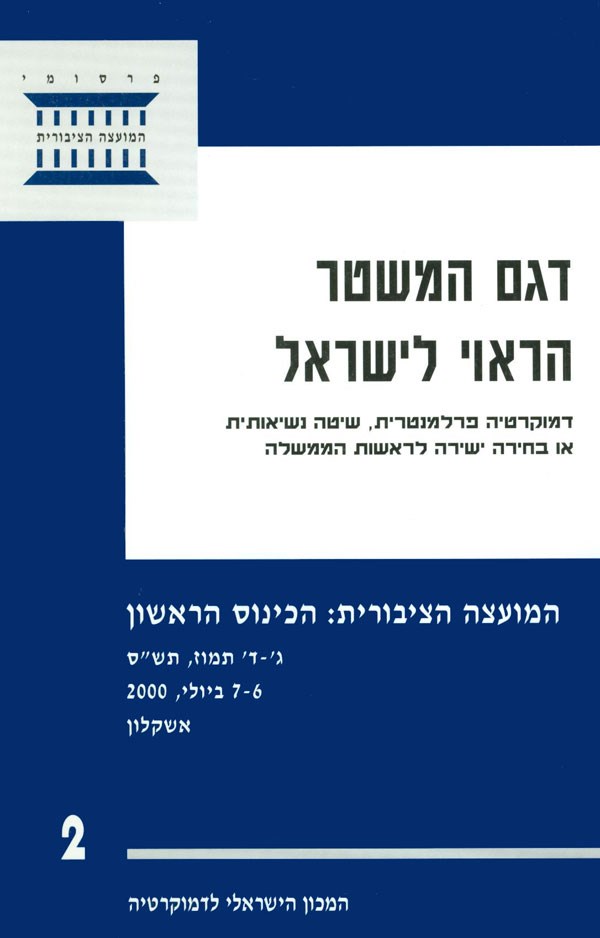

Publications Regarding forms of government
Articles

New Structure for the Government
Written By: Tomer Lotan, Vered Constantini
New Study by Tomer Lotan and Vered Constantini at the Israel Democracy Institute

Limit the Number of Ministers and Deputies
In light of the Movement Towards a National Emergency Government: 30 Ministers Would be Excessive in Comparison to other Parliamentary Democracies; The cap on the number of ministers and their deputy minister should remain in place.

A Unity Government to Deal with the Emergency?
Written By: Dr. Dana Blander, Prof. Ofer Kenig
Will the coronavirus crisis result in an unity government, which can, at least temporarily, resolve Israel's political deadlock? IDI experts explain.
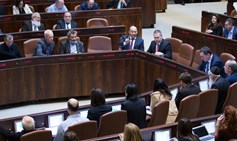
Governments of Experts: Desperate Measures for Desperate Times?
Written By: Prof. Ofer Kenig
The results of this third round of elections would seem to indicate that, once again, no decisive victory has been won, and that the Israeli political system is likely to remain stuck at the same dead end at which it has been stranded for the last year. Could a government of experts resolve the crisis?

Israel's Real Minority Government
Written By: Dr. Amir Fuchs
The rhetoric accompanying the attempts to delegitimize a “minority government” is questionable. The current transitional government is supported only by 55 Knesset members, with 65 opposing it. If any government deserves the moniker ‘minority government,’ it is the one currently in office.

Majority of Israelis Support their Parties Joining a Blue and White Coalition
Written By: Prof. Tamar Hermann, Dr. Or Anabi
October 2019 Israeli Voice Index revealed a decline in Israelis’ assessment of President Trump’s commitment to Israel’s security. The survey also found that 62% of Israelis support the parties they voted for in the last elections joining a Blue and White led coalition.

A Majority of Israelis Prefer a Unity Government
Written By: Prof. Tamar Hermann, Dr. Or Anabi
September 2019 Israeli Voice Index found that a majority of Israelis prefer a unity government. Additionally the majority of Israelis do not think the State should offer Benjamin Netanyahu a plea bargain or that he would agree to one.
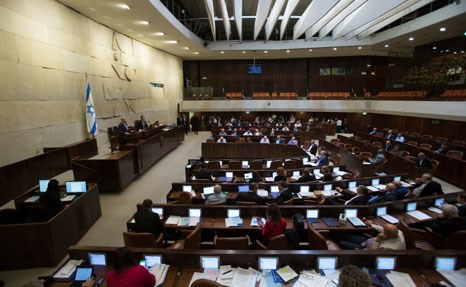
Unity Coalition Governments: Explainer
A unity government (or “grand coalition”) is a special type of coalition with a particularly broad base, including all the major parties represented in the parliament and can have a range of ramifications on the political system. This explainer outlines how its works in Israel and around the world.

State of Emergency in Israel: Is It Really Necessary?
Written By: Adv. Lila Margalit
The Knesset once again renewed the declaration of a state of emergency. This practice has been around since the establishment of the State - is it still necessary?
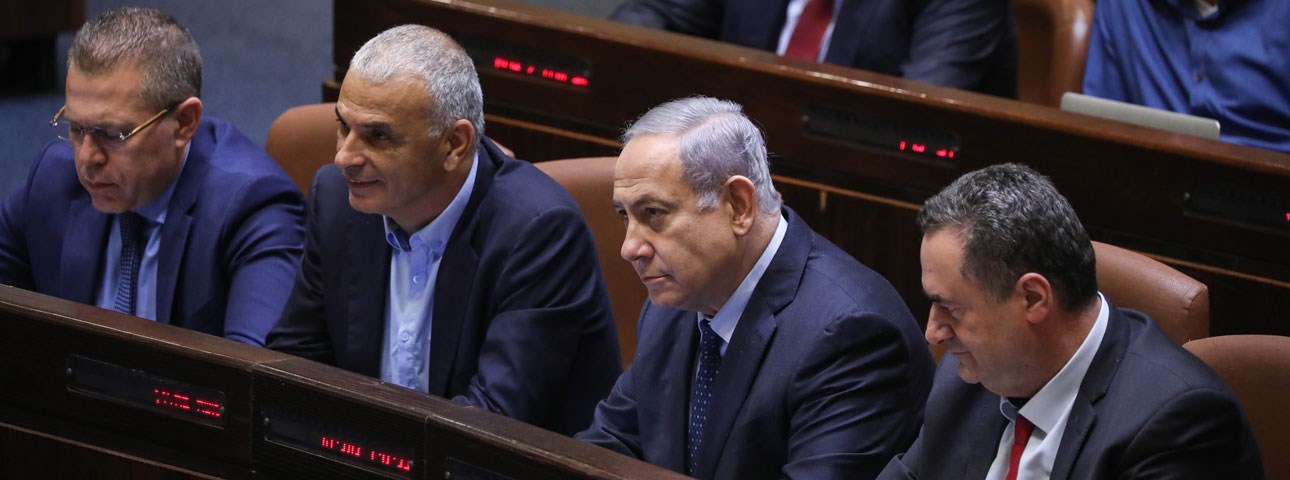
62% Oppose the Immunity Law
Written By: Prof. Tamar Hermann, Dr. Or Anabi
A special survey finds that the 62% of the Israeli public is opposed to the Immunity Law, 47% think that if the law passes it should only be applied to new cases, and 39% oppose strengthening the Knesset at the expense of the courts
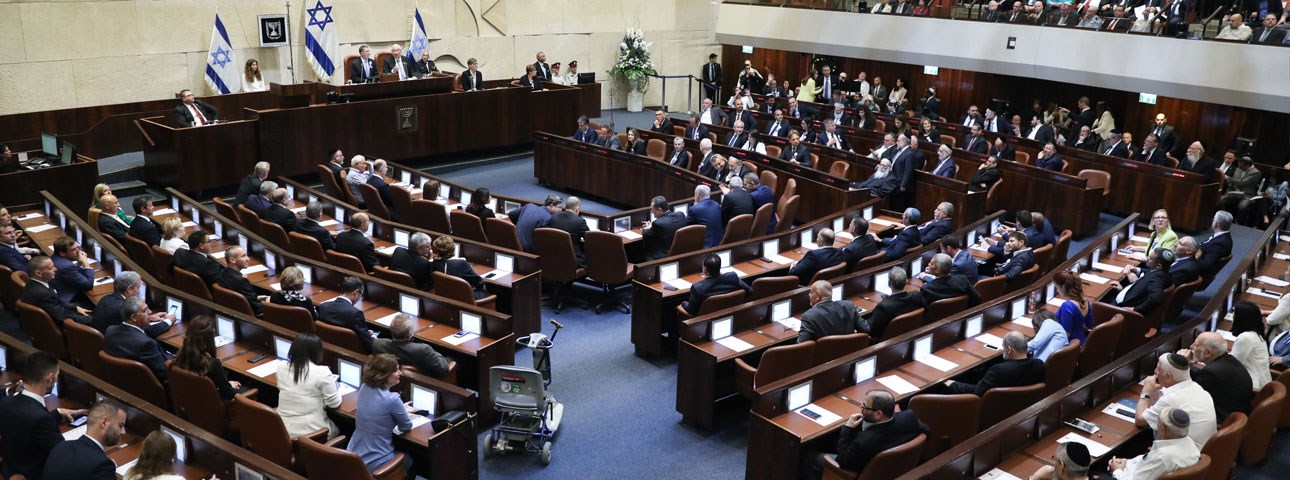
The Weakest Constitution in the World
Written By: Prof. Yuval Shany
The Override Clause would not alter the balance between the branches of government – it would shift the balance of power between the government and the governed

Parliamentary Work Index for Israel’s Political Parties
Written By: Dr. Assaf Shapira, Avital Friedman, Dr. Shahaf Zamir
A Special Analysis by the Israel Democracy Institute on which MKs make the most use of the parliamentary tools available to them.

New Partners in the Struggle Against Terrorism
Written By: Prof. Yedidia Z. Stern
Yohanan Plesner argues that as Denmark grieves for a terror attack on its soil, Israeli leaders must broadcast "a message of partnership among democracies battling terrorism without sacrificing their democratic values."

No to the Separation of Religion and State in Israel
Written By: Yair Sheleg
Should the American model of separation of church and state be applied to Israel? In an article in <em>The Jewish Week</em>, IDI's Yair Sheleg argues that Israel needs a unique model.

The Israeli Voters Have Spoken
A survey conducted in April 2011 by IDI’s Guttman Center and the Dahaf Institute on behalf of the Save Israeli Democracy NGO reveals that Israeli voters are fed up with political parties and Knesset members, but are willing to support initiatives that will change the situation.
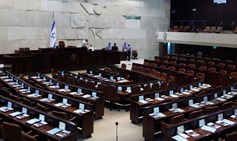
A Weak and Inefficient Knesset
Written By: Dr. Chen Friedberg
In a democracy, parliaments are supposed to not only pass laws but also engage in oversight; that is, to ensure that legislation is implemented and identify deficiencies in the government’s work.


